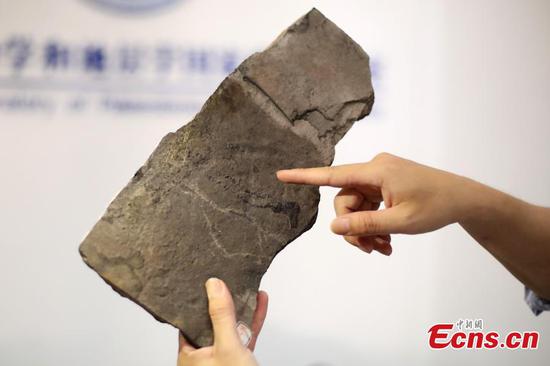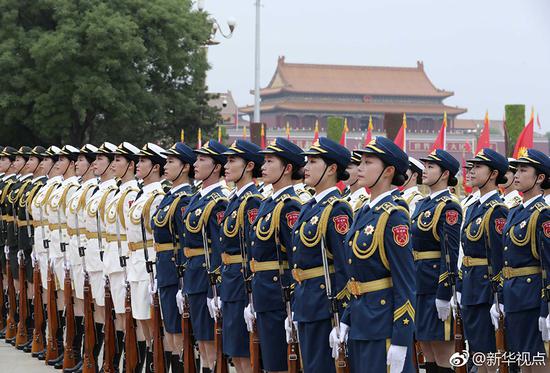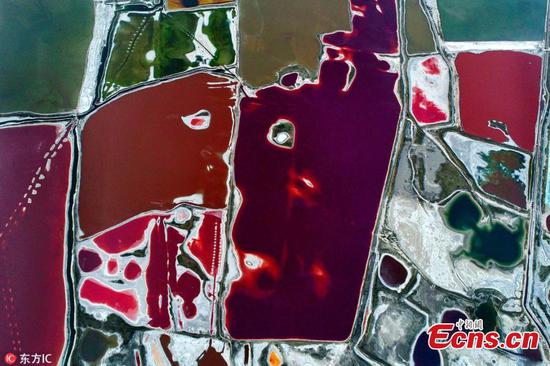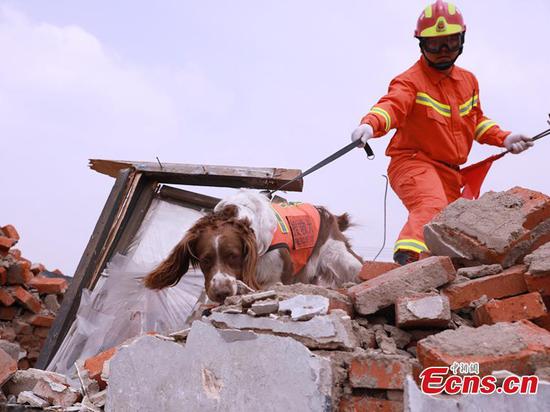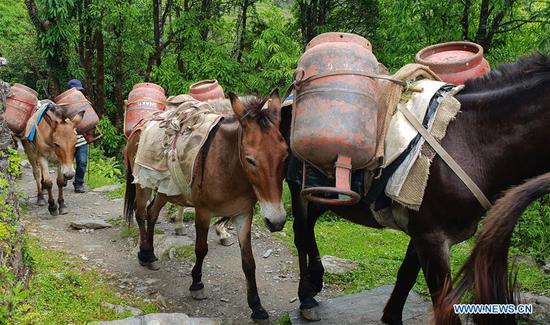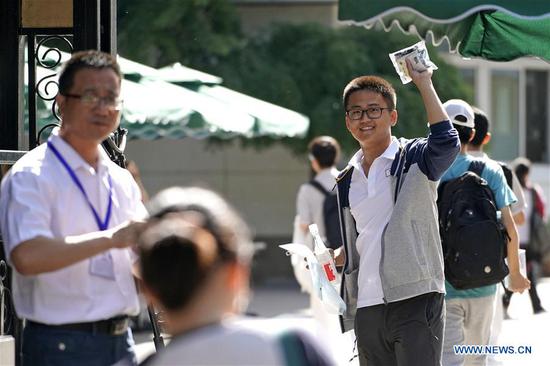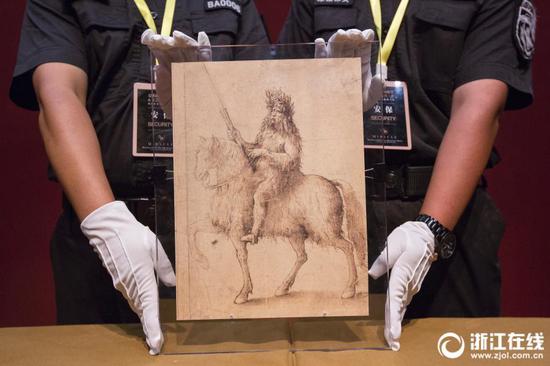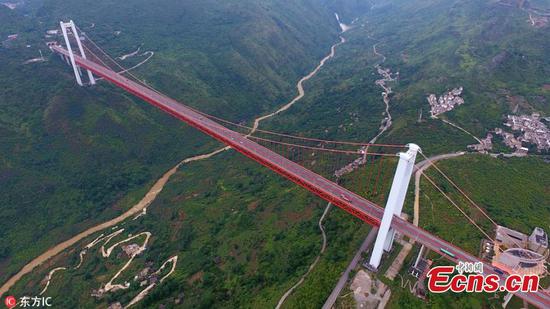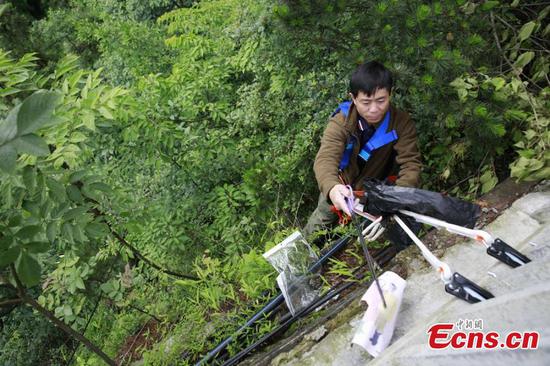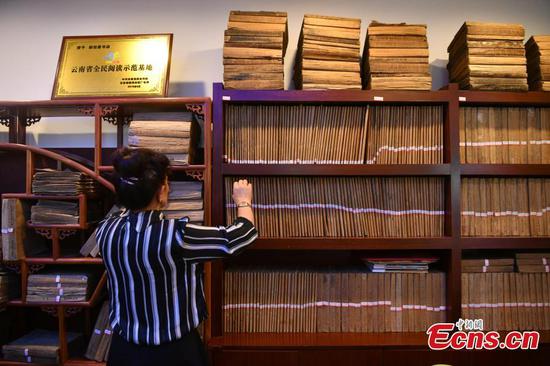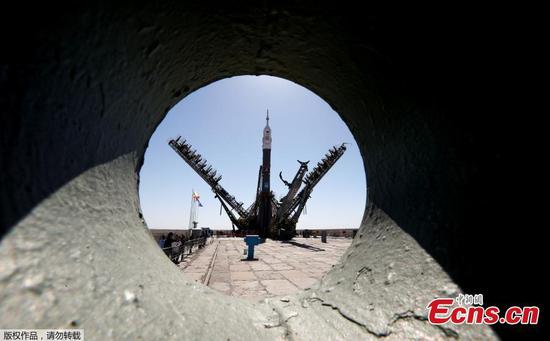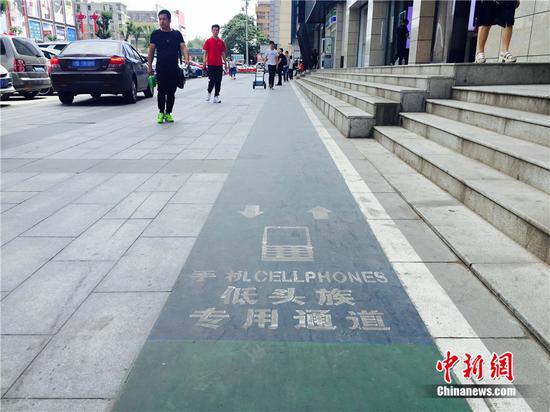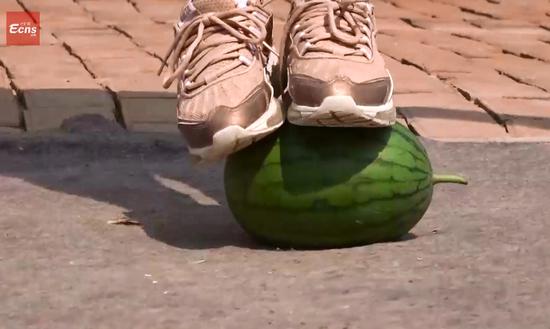Government orders end to illicit transfer of waste to rural areas
Environmentalists have welcomed a central government move that aims to clean up the countryside by systematically wiping out illegal waste dumping sites by 2020.
Local authorities have been ordered to scour their areas and list the location, main content and scale of any random trash piles, including rubbish floating in bodies of water, before dealing with them.
They also need to halt the illegal transfer of urban waste to rural areas within two years, according to a circular issued on Wednesday.
The document - jointly released by the ministries of housing and urban-rural development, ecology and environment, water resources, and agriculture and rural affairs - said local authorities should draft tailor-made measures and work plans specifying goals, annual tasks, responsibilities among departments, and methods of supervision and monitoring.
It also called for a crackdown on those who lease or rent farmland used as unlicensed landfills, with those who cause heavy pollution to face prosecution.
Ma Yong, deputy secretary-general of the China Biodiversity Conservation and Green Development Foundation, said the government had long paid the most attention to environmental protection in urban areas, and this had resulted in a grim situation for rural environmental protection.
It has not been unusual to hear of village officials colluding with enterprises to illegally pile waste on unused farmland or vacant land, he said.
The ministries' decision was welcome because such sites could pollute soil and underground water if not treated properly and in a timely fashion, which would hinder the country's efforts to build a "beautiful China", he said.
Mao Da, a policy consultant at the China Zero Waste Alliance, an NGO, also welcomed the central government's move. He said the government should also pay attention to the increasing amount of locally generated waste in rural areas.
"Life in rural China has become more and more urbanized and the amount of locally generated waste has been on the rise," he said.
Instead of copying the urban mode of waste disposal, the government should draft targeted measures for rural China, he said. For example, some of the waste could be sorted and turned into compost that could be used locally.
The circular was published after central authorities unveiled a three-year action plan on Feb 5 to improve the rural living environment.
Improving the rural living environment is an important task for the country to accomplish its goal of building a moderately prosperous society by 2020, the document said, adding that it has great significance to the wellbeing of farmers and harmony of rural society.
"Although progress has been made, the living environment in rural China is unbalanced, with many areas in the grip of dirt and disorder," it said. "It falls far short of people's expectations and marks a key weakness in social and economic development."
The country aims to make remarkable improvements in the rural living environment by 2020, according to the document. Villages should be clean and tidy, and residents should have enhanced hygiene and health awareness.
It lists some key tasks, including garbage sorting, toilet upgrades, residential sewage treatment and village management.












